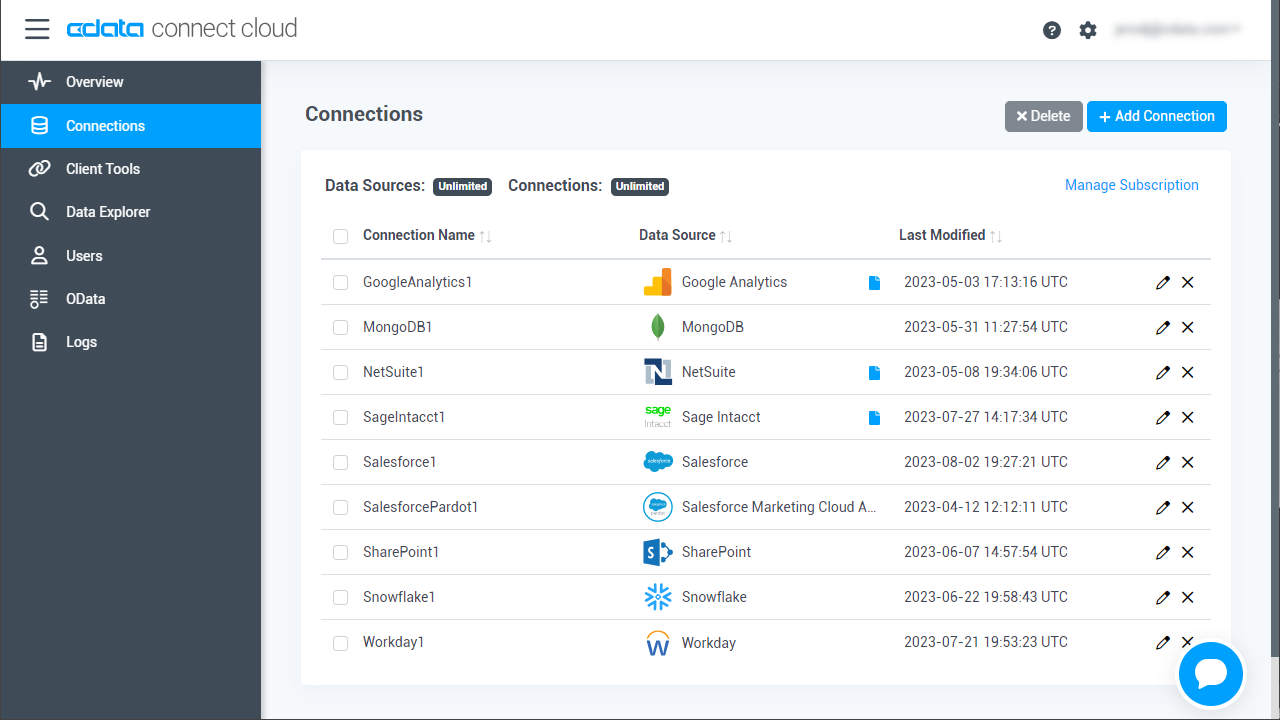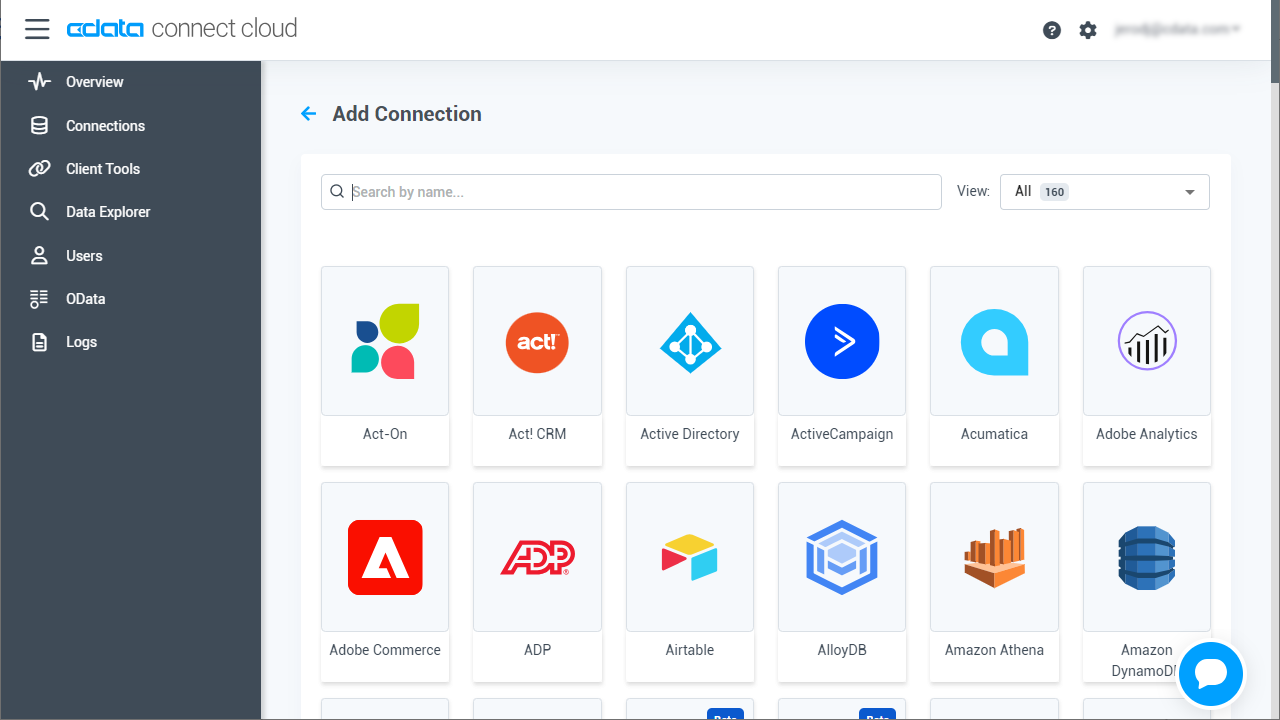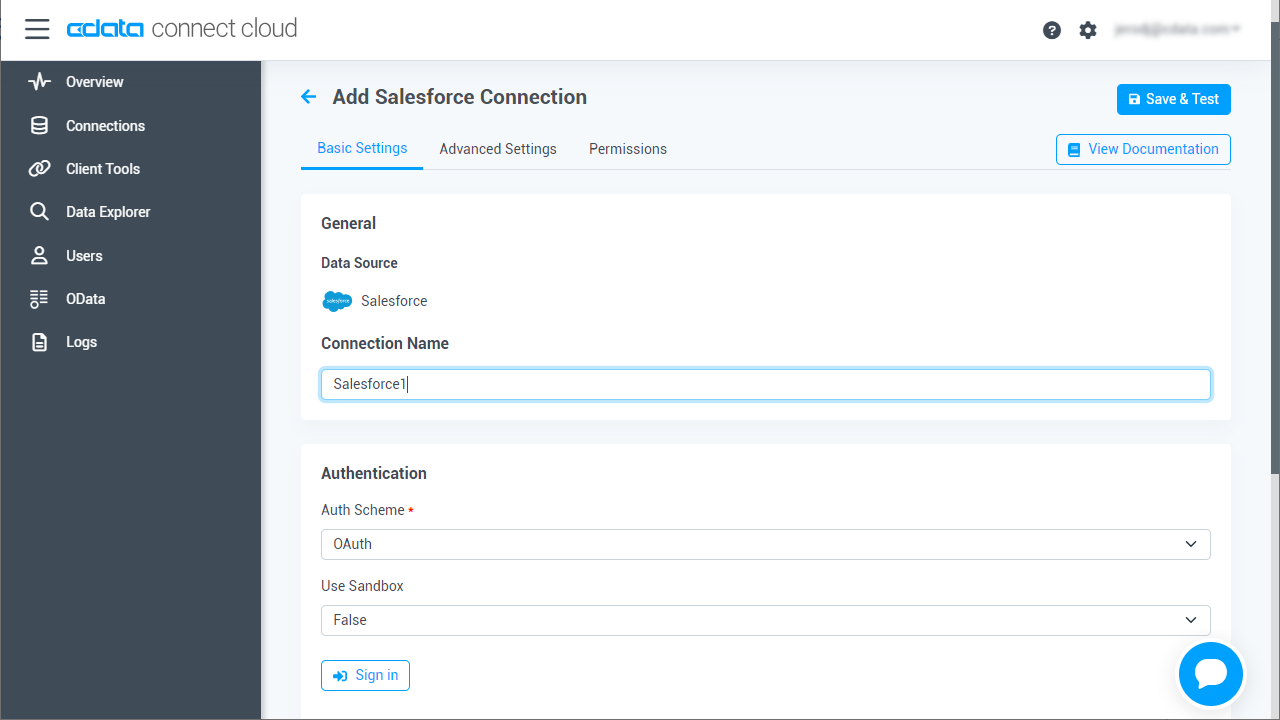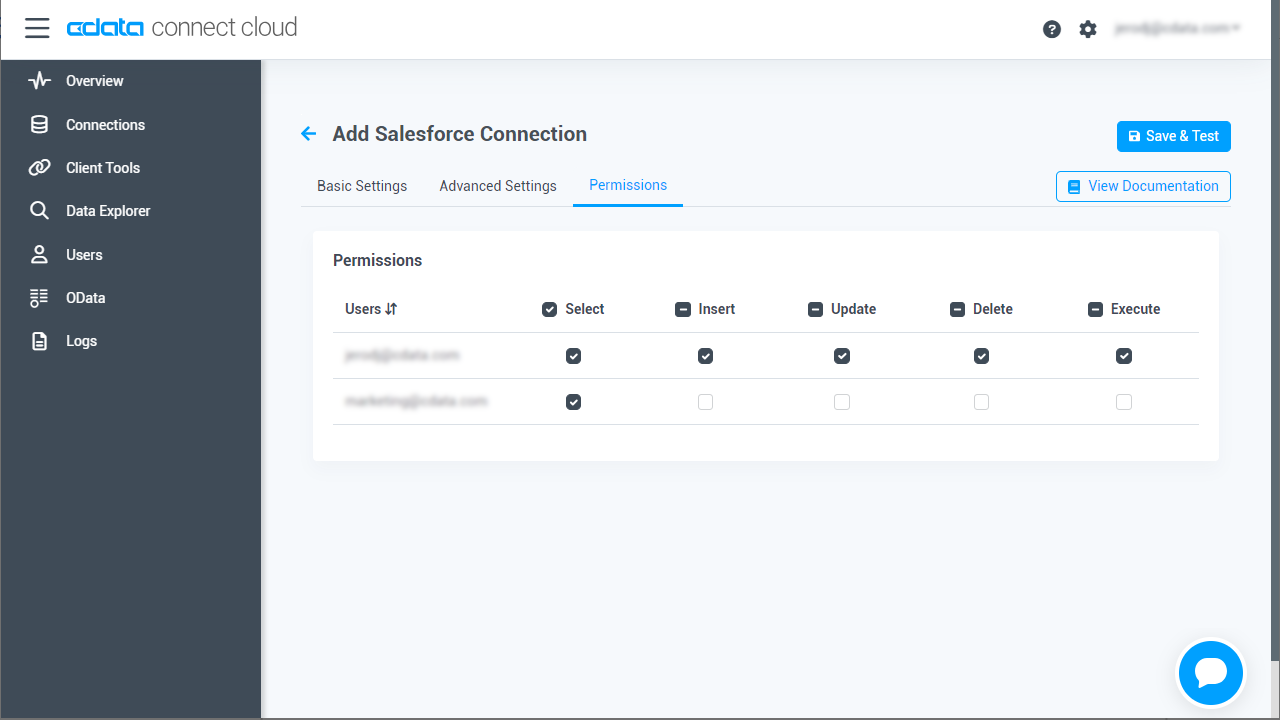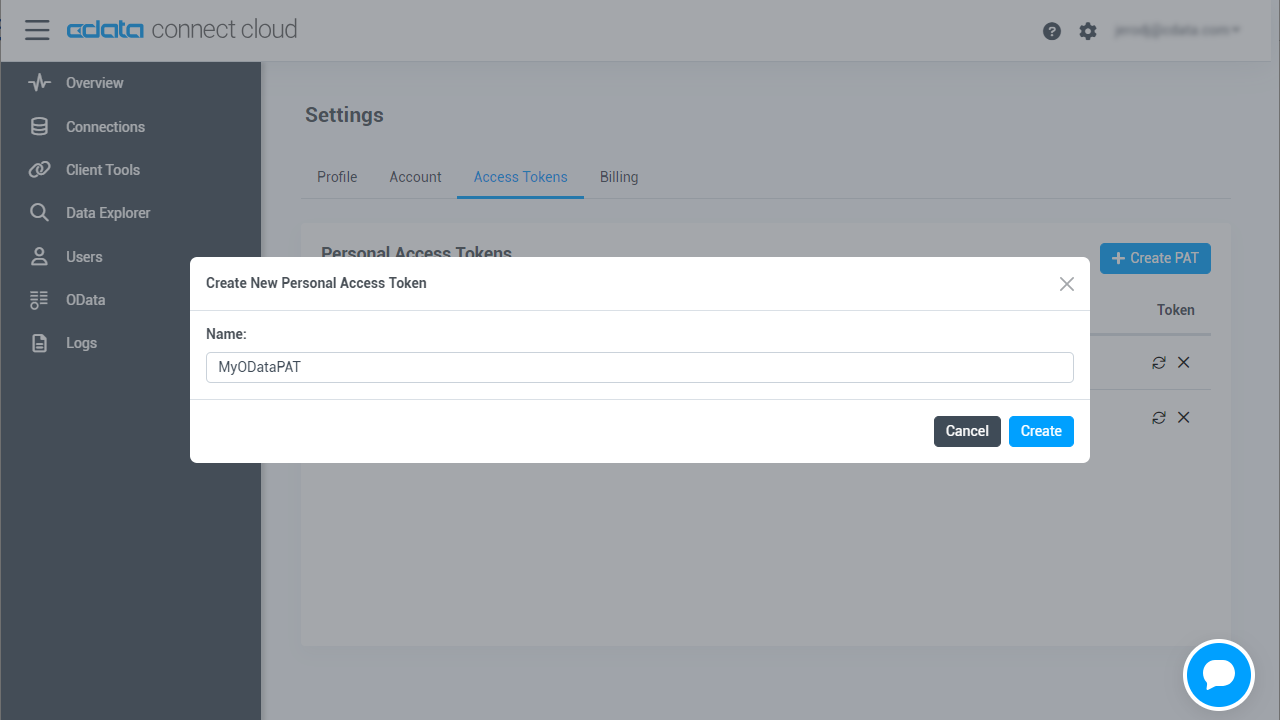Discover how a bimodal integration strategy can address the major data management challenges facing your organization today.
Get the Report →Query Salesforce Pardot Data as a SQL Server Database in Node.js
Execute SQL Server queries against Salesforce Pardot data from Node.js.
You can use CData Connect Cloud to query Salesforce Pardot data through a SQL Server interface. Follow the procedure below to create a virtual database for Salesforce Pardot in Connect Cloud and start querying using Node.js.
CData Connect Cloud provides a pure MySQL, cloud-to-cloud interface for Salesforce Pardot, allowing you to easily query live Salesforce Pardot data in Node.js — without replicating the data to a natively supported database. As you query data in Node.js, CData Connect Cloud pushes all supported SQL operations (filters, JOINs, etc) directly to Salesforce Pardot, leveraging server-side processing to quickly return Salesforce Pardot data.
Configure Salesforce Pardot Connectivity for NodeJS
Connectivity to Salesforce Pardot from NodeJS is made possible through CData Connect Cloud. To work with Salesforce Pardot data from NodeJS, we start by creating and configuring a Salesforce Pardot connection.
- Log into Connect Cloud, click Connections and click Add Connection
![Adding a Connection]()
- Select "Salesforce Pardot" from the Add Connection panel
![Selecting a data source]()
-
Enter the necessary authentication properties to connect to Salesforce Pardot.
Salesforce Pardot supports connecting through API Version, Username, Password and User Key.
- ApiVersion: The Salesforce Pardot API version which the provided account can access. Defaults to 4.
- User: The Username of the Salesforce Pardot account.
- Password: The Password of the Salesforce Pardot account.
- UserKey: The unique User Key for the Salesforce Pardot account. This key does not expire.
- IsDemoAccount (optional): Set to TRUE to connect to a demo account.
Accessing the Pardot User Key
The User Key of the current account may be accessed by going to Settings -> My Profile, under the API User Key row.
![Configuring a connection (Salesforce is shown)]()
- Click Create & Test
- Navigate to the Permissions tab in the Add Salesforce Pardot Connection page and update the User-based permissions.
![Updating permissions]()
Add a Personal Access Token
If you are connecting from a service, application, platform, or framework that does not support OAuth authentication, you can create a Personal Access Token (PAT) to use for authentication. Best practices would dictate that you create a separate PAT for each service, to maintain granularity of access.
- Click on your username at the top right of the Connect Cloud app and click User Profile.
- On the User Profile page, scroll down to the Personal Access Tokens section and click Create PAT.
- Give your PAT a name and click Create.
![Creating a new PAT]()
- The personal access token is only visible at creation, so be sure to copy it and store it securely for future use.
With the connection configured, you are ready to connect to Salesforce Pardot data from Node.js.
Query Salesforce Pardot from Node.js
The following example shows how to define a connection and execute queries to Salesforce Pardot with the SQL Server module. You will need the following information:
- server: tds.cdata.com
- port: 14333
- user: a Connect Cloud user (e.g. [email protected])
- password: the PAT for the above user
- database: The connection you configured for Salesforce Pardot (SalesforcePardot1)
Connect to Salesforce Pardot data and start executing queries with the code below:
var sql = require('mssql')
var config = {
server: 'tds.cdata.com',
port: 14333,
user: '[email protected]', //update me
password: 'CONNECT_USER_PAT', //update me
options: {
encrypt: true,
database: 'SalesforcePardot1'
}
}
sql.connect(config, err => {
if(err){
throw err ;
}
new sql.Request().query('SELECT * FROM Prospects', (err, result) => {
console.dir(result)
})
});
sql.on('error', err => {
console.log("SQL Error: " ,err);
})






